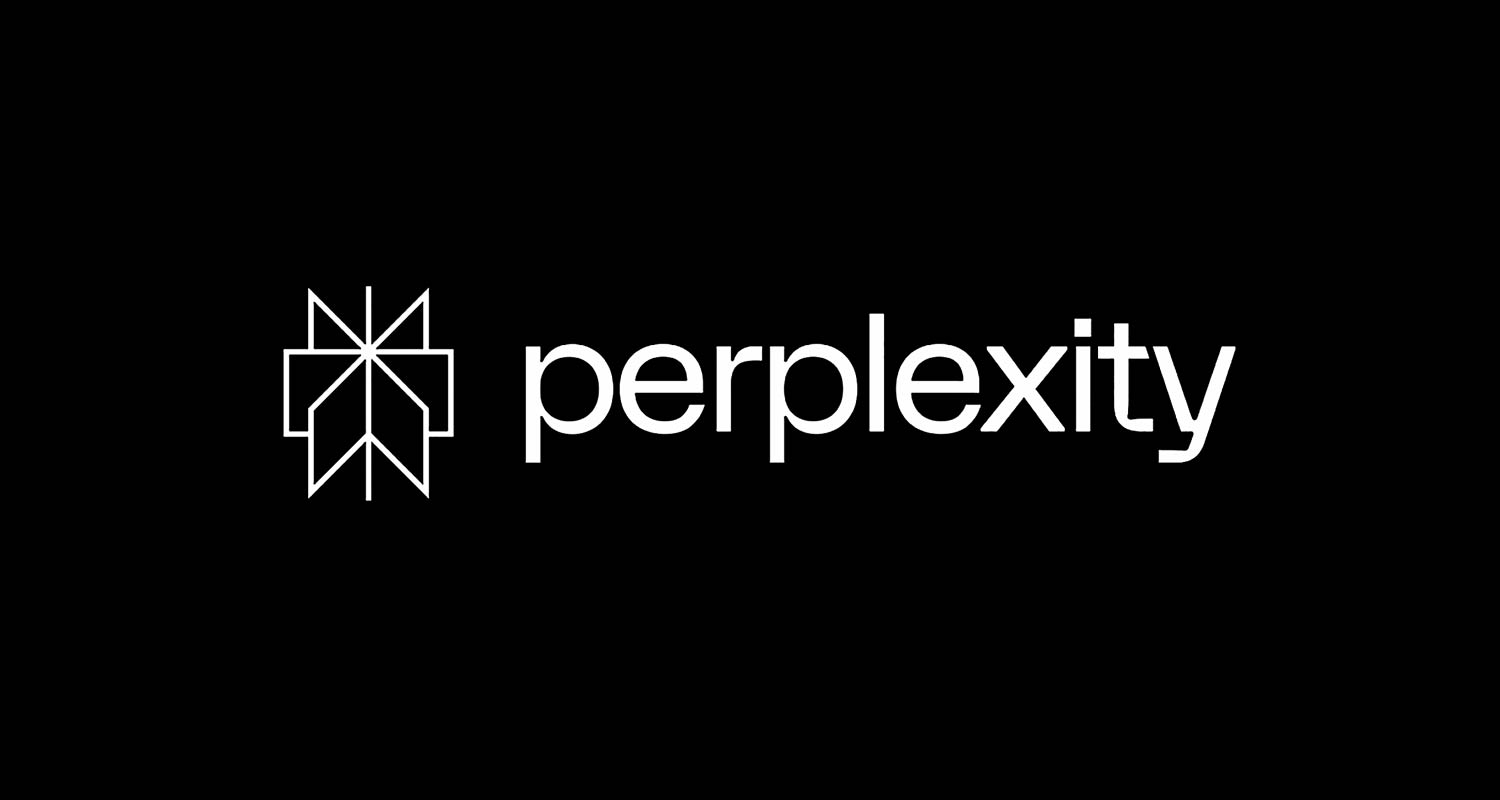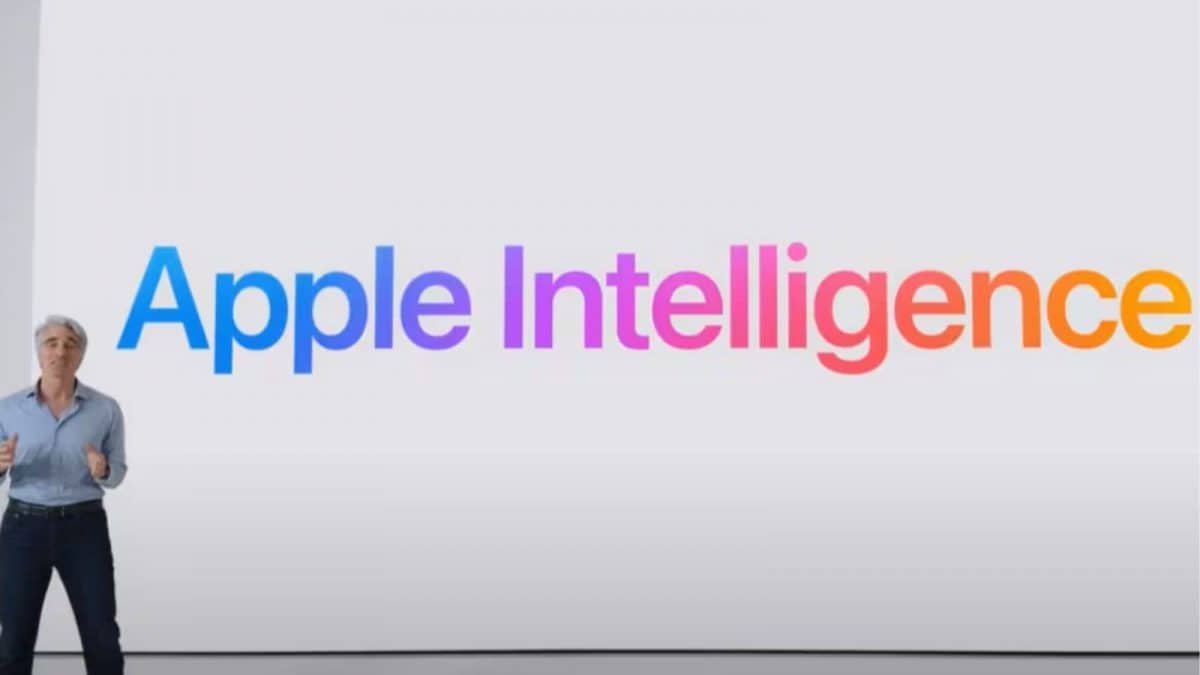Apple's Big AI Bet: Could Perplexity Be A Game Changer?

Apple and Artificial Intelligence
SOPA Images/LightRocket via Getty ImagesApple’s stock is down nearly 20% so far in 2025, making it the only Magnificent Seven member in the red. Acquiring Perplexity AI, a leading AI search engine, could immediately boost investor confidence and give Apple a chance to seize AI leadership.
The stakes are clear: On June 28, 2025, Bloomberg revealed that Apple's M&A chief, Adrian Perica, had discussed acquiring Perplexity with services head Eddy Cue. Analysts estimate such a deal could cost between $25 and $30 billion, roughly twice Perplexity's last funding round valuation, and consistent with recent acquisition premiums paid for strategic AI properties. Days later, reports emerged that Apple is also weighing partnerships with Anthropic's Claude and OpenAI's ChatGPT to power a new Siri. Apple is racing to close its AI gap through whatever means necessary.
Industry experts and Wall Street analysts believe a Perplexity deal could recast Apple as an AI orchestration leader, extend its high-margin services through renewed hardware demand, and potentially trigger a valuation rerating.
Disclaimer: This article is based solely on publicly available information, market reports, and the author's independent research and analysis. The author has no insider contacts at Apple, Perplexity, Anthropic, OpenAI, Microsoft, Google, Meta, Amazon, Samsung, or any other company mentioned, and no direct knowledge of their internal strategies, acquisition decisions, or future plans. All strategic interpretations are speculative and intended for informational purposes only.
Apple is reportedly considering acquiring Perplexity AI not just to buy another chatbot, but to build what could become the world’s first consumer AI orchestration platform. Instead of forcing users to choose between ChatGPT, Claude, or Google Search, its system would automatically call upon the best model for each task. This embodies Apple's 'it just works' philosophy, delivering seamless, intelligent experiences that are intuitive, invisible, and effortlessly powerful.
This isn’t just about catching up in AI. It’s about redefining how humans interact with it.
Using intent recognition (understanding what the user wants—like checking the weather vs drafting an email) and query analysis (figuring out the best way to answer—like searching real-time data vs explaining a concept), the system routes requests in milliseconds.
Here's how it could work:
For example, ask, 'Should I invest in Apple stock?' Perplexity pulls the latest market data and analyst commentary, with citations. ChatGPT explains investing principles and risk factors in conversational language. Apple Intelligence then combines everything into one smart, personalized response.
Whether you're asking Siri a question, pointing your camera at a landmark, or drafting an email, each AI model contributes its unique strength, fused into one unified experience.
Daily examples of this ambient intelligence include: "What's the weather?" → Apple Intelligence delivers local results on-device; "Cancel my meeting politely." → ChatGPT drafts the diplomatic email; "Any new research on quantum computing?" → Perplexity surfaces the latest studies; "Set a timer for 10 minutes." → Apple Intelligence handles it privately, on-device.
Personal data remains protected on-device, with only anonymized queries sent to external services when necessary. Users retain override control, but most interactions become ambient and invisible.
If Apple pursues an orchestration strategy, it would likely rely on each AI partner playing a specialized role. ChatGPT excels at conversation, Claude at reasoning, and Perplexity at real-time, citation-backed search. Unlike general LLMs, Perplexity is an AI-native search engine specialized for real-time, citation-backed answers atop these models.
Think of Perplexity as Google Search reimagined for the AI era. Instead of giving you a list of blue links to sift through, it delivers direct, citation-backed answers in clear, conversational language, summarizing multiple sources so you can decide intelligently what to explore further. It also provides cues on related topics worth investigating.
For example, when you ask “Should I buy Coinbase stock?”, Perplexity doesn’t just list articles. It offers a structured, conversational analysis including current price, valuation ratios, Morningstar fair value, fundamental risks, technical ratings, and professional opinions—all in one place—followed by suggested related questions like options strategies, historical comparisons, and upcoming catalysts.
The acquisition logic becomes clear when comparing alternatives. ChatGPT's $300 billion valuation makes acquisition prohibitive, while partnerships suffice for conversational needs. Claude, valued at $61.5 billion, could cost $80–90 billion with market premiums, unjustifiable when licensing suffices. At a $14 billion last funding round valuation, Perplexity is the attainable target, with specialized search capabilities and an orchestration-ready architecture that appears well-suited to Apple’s potential orchestration approach.
Apple and Perplexity
SOPA Images/LightRocket via Getty ImagesCurrently, Perplexity generates just under $100 million in annual recurring revenue (ARR), doubling from ~$50 million in late 2024—a fraction of its potential under Apple’s vast distribution and financial moat. With more than 2.2 billion active devices, a premium user base, and seamless payment infrastructure, its revenue baseline could expand dramatically. Even at a 30% conversion rate among more than 2.2 billion devices, priced at $15 to $20 per month, consumer revenue alone could reach $2.4 to $3.2 billion annually.
Enterprise markets offer additional upside, as AI tools command premium pricing: Microsoft Copilot starts at $30 per user monthly, Lexis+ runs around $300–400 per attorney per month, Westlaw starts near $133 and rises for advanced tiers, and Bloomberg Law costs roughly $6,000 per lawyer annually. Law firms spend up to $21,000 per attorney on specialized research tools, while major universities allocate up to $12.5 million annually to digital resources. Pre-installed across Apple’s ecosystem, Perplexity would gain instant reach unmatched by competitors, transforming it from a standalone service into a defensible, multibillion-dollar AI search powerhouse.
Combined consumer and enterprise potential creates a clear path to recovering the estimated $30 billion acquisition cost within a decade or sooner, and could catapult Apple onto offense rather than leaving it on the defensive.
Apple's current partnership with ChatGPT illustrates the limitations of relying on external AI providers. Each query requires user permission, incurs per-request costs, and faces security restrictions and delays due to routing through external providers. More importantly, these models cannot fully leverage Apple's Neural Engine architecture to deliver optimal performance.
The Microsoft–OpenAI relationship offers a cautionary parallel. Despite Microsoft’s $13 billion investment, strategic tensions have emerged as it now competes directly with OpenAI in search, coding, and enterprise AI services. OpenAI has even considered filing antitrust complaints against Microsoft, and ongoing governance disputes continue to hinder both companies' strategic goals.
Acquiring Perplexity AI could avoid these partnership pitfalls while delivering four key advantages. Seamless integration could eliminate permission prompts for factual queries, remove external API dependencies, and reduce latency through direct local processing. Hardware optimization could allow Perplexity's search models to run natively on Apple's M4 Neural Engine, minimizing network delays while maintaining privacy through unified memory architecture.
The deal could also provide immediate talent acquisition—Apple would instantly gain proven AI experts who've already built a successful search-AI hybrid at scale. This specialized expertise could become crucial as Siri improvements remain delayed until at least 2026. Moreover, top talent attracts top talent: having Perplexity's team in-house could significantly enhance Apple's ability to recruit other leading AI researchers. Finally, cost efficiency could emerge from owning the highest-volume use case—factual queries—allowing Apple to avoid per-API-call expenses while continuing to license specialized conversational models only where necessary.
This orchestration approach creates multiple competitive advantages:
For users: No more wondering which AI tool to download or try, or AI app hopping. Just ask and get the best answer from whichever AI knows best.
For Apple: It could deliver the unified experiences users expect from Apple and create true platform differentiation. While Android users juggle separate apps, iPhone users could get everything integrated intelligently.
For competitors: In the face of Apple’s seamless AI orchestration, their offerings may quickly feel outdated and like disjointed point solutions. Microsoft’s Copilot could seem bolted-on, Google’s AI Overviews might remain limited to a single Gemini-driven perspective, and Meta could continue focusing mainly on social features. Just as the iPhone transformed how we used phones, Apple’s orchestration could transform how we use AI.
On the other hand, if rivals like Google, Microsoft, or Amazon were to acquire Perplexity instead, they could embed it deeply at the OS level, leaving Apple to continue developing such solutions in-house, where it has seen only limited success so far. Acquiring Perplexity could put Apple on a fast track to deliver the premium “wow” experiences it is known for, securing advantages that could be extremely costly for competitors to counter. Samsung's reported partnership discussions with Perplexity this year add immediate pressure. Preferential Android access could not only weaken Apple's differentiation but also drive Perplexity's acquisition cost even higher.
While Apple is late to AI, monetization remains largely unproven across the industry, giving it a rare chance to leapfrog competitors by executing orchestration better than anyone else.
The challenges are significant. Bringing together multiple AI systems at Apple's scale will be an enormous engineering lift. Orchestrating requests in milliseconds without glitches demands flawless backend architecture. Apple's brand is built on privacy: even anonymized external queries could trigger user concerns if transparency isn't crystal clear. With Siri upgrades delayed to 2026, a 12 to 18-month Perplexity integration risks missing the AI wave entirely if rivals move faster. The estimated $30 billion price tag could rise further if other bidders enter the fray. These risks are real, but with AI becoming the next battleground, Apple may have no choice but to tackle them head-on if it wants to become a leader.
The stakes are high. This move could trigger a valuation rerating and preserve Apple’s leadership in the next tech battleground. However, delay or indecision risks ceding ground to rivals and forfeiting a valuable strategic edge. This orchestration bet could redefine human-AI interaction, but only if Apple acts decisively before the window closes.









